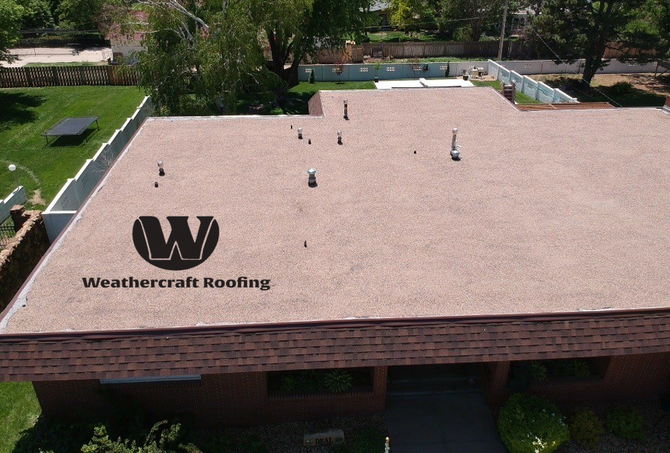Choosing the proper industrial roofing system is essential for protecting your property and enhancing its longevity. In this article, we’ll walk you through the key factors in selecting the right roofing system and maintaining it properly to avoid costly mistakes.
Important Factors to Consider in Industrial Roofing Projects
Industrial roofing requires careful planning and consideration due to the unique needs of large-scale properties. Some key factors to keep in mind include:
- Building Use: Different industrial buildings may have varying needs, such as heat resistance, weather durability, or soundproofing. Understanding your building’s purpose helps select the right roofing system.
- Environmental Conditions: Local weather conditions like temperature extremes, heavy rainfall, or snow can impact roof material performance. Choose a roofing system that can withstand your area’s climate.
- Budget: While industrial roofing can be costly, finding the right balance between quality and affordability ensures you get the best return on investment.
- Energy Efficiency: Opting for energy-efficient roofing materials can help lower energy costs by improving insulation and reducing the need for heating and cooling.
Popular Industrial Roof Types: Built-Up, Metal, and Modified Bitumen
Various industrial roofing systems are available, each with unique benefits depending on the requirements of your building. Here are the most common types.
Built-Up Roofs (BUR)
Built-up roofing systems (BUR) are composed of several layers of materials, such as tar and gravel, providing excellent waterproofing and durability. However, this system can be complex and labor-intensive to install.
Metal Roofs
Metal roofs are widely used in industrial settings because of their durability and low maintenance. They withstand harsh weather conditions and are energy-efficient, reflecting sunlight to cut cooling costs. Various materials, such as steel and aluminum, are available.
Modified Bitumen Roofs
Modified bitumen roofing combines asphalt with rubber or plastic polymers, offering flexibility and durability. It’s especially well-suited for low-slope industrial buildings and can be installed with heat or cold processes. Modified bitumen is highly resistant to leaks and offers long-lasting protection, making it a reliable choice for industrial roofs.
Maintenance Tips to Extend the Life of Your Industrial Roof
Regular maintenance is essential to extending the lifespan of your industrial roof and avoiding costly repairs. Here are some maintenance tips to keep your roof in top condition:
- Regular Inspections: Regular inspections by professionals can help detect early issues like cracks, leaks, or debris accumulation before they turn into major problems.
- Clean Gutters and Drains: Clear gutters and drains of debris to prevent water buildup that could result in roof damage.
- Prompt Repairs: Fix any roofing issues immediately to avoid worsening damage. Delaying repairs could lead to costlier problems down the road.
- Coating and Sealing: Applying coatings and sealants to your roof helps guard against moisture and UV damage, prolonging its lifespan.
The Importance of Hiring a Specialized Roofing Contractor
Hiring a specialized roofing contractor is essential for ensuring your roof is installed correctly and maintained properly. Experts can help you choose materials, manage the project, and provide long-term support.
Final Thoughts: Industrial Roofing for Your Business’s Long-Term Needs
The right industrial roof is vital for property protection and long-term savings. Whether you choose BUR, metal, or modified bitumen, understanding each system’s advantages helps make the best choice. Partner with a roofing expert for optimal results.
Ready to begin your industrial roofing project? Get in touch with us for expert advice and customized solutions tailored to your needs.

#IndustrialRoofing #CommercialRoofing #RoofInstallation #BuiltUpRoof #MetalRoofing #ModifiedBitumen #RoofMaintenance #EnergyEfficientRoofing